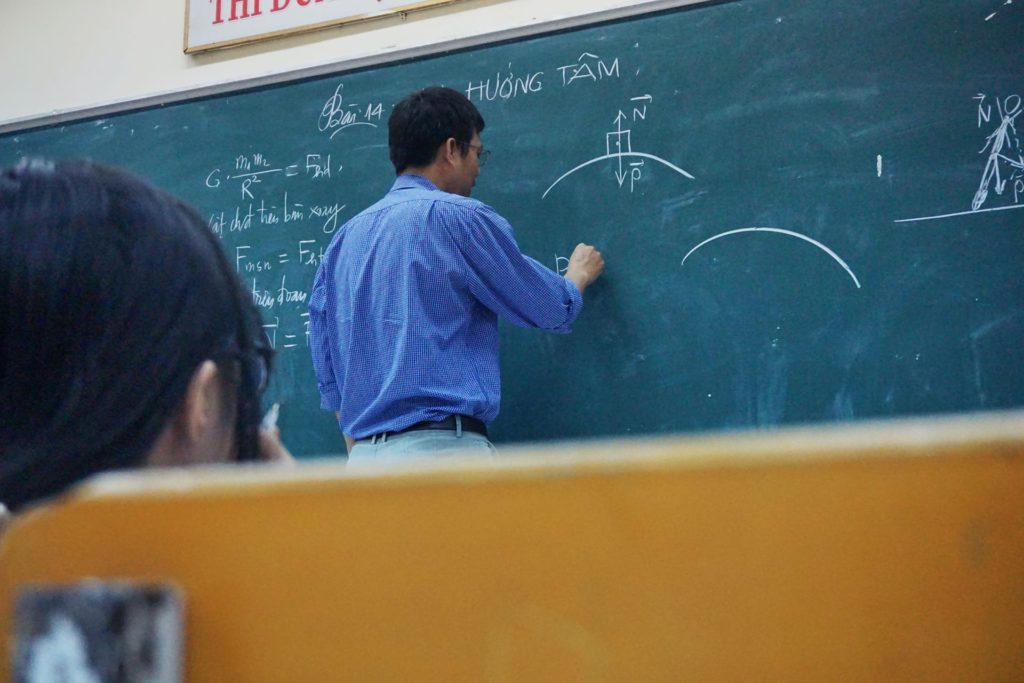Often, students seeking assistance from an Physics tutor fail to grasp the major differences between Classical Physics and Quantum Physics. This post, in the following sections, will try to best enunciate how the two differ from one another.
Here goes –
Difference #1
According to a revered online Physics tutor, classical physics has a causal approach – this means that all the deductions made by physicists in the past determine what physicists in the present and in the future will do or achieve. Classical physicists need to have in-depth knowledge about the past or else they would not be able to tell the difference between the right deductions in the present and wrong deductions in the future.
This is not the case when one considers quantum physics as it is that part of physics where physicists cannot work with waves or with particles. Quantum physics and its studies revolve around the study of mediums that has properties of both waves and particles – a truly confusing state. Quantum physicists can only make predictions of the probabilistic nature as very little information has been gathered till date pertaining to the quantum state.
Difference #2
This is described using an imaginary case study.
Let’s suppose that there are two explosives that are set to explode at the same time which is why it has fuses sticking out of it with similar length – this is the approach of a classical physicist.
In the case of a quantum physicist, the above imaginary scenario won’t work as according to quantum theory, both the bombs can and will explode at different and at the same time. On top of this, both the bombs can have fuses of the same length and of different length at the same time.
In essence, classical physicists need to stick to only one state of a scenario – in this case, the bombs have to explode at the same time or at different times.
On the other hand, quantum physicists have to consider that the bombs can explode at the same time and also at different times, at a given unit of time – a.k.a. the bombs are in the quantum state.
Difference #3
Classical physicists need to treat atoms and electrons as particles. On the other hand, they would also need to treat light as well as other classifications of electromagnetic radiations as waves.
On top of this, classical physics also teaches a classical physicist to consider that every particle or wave has its own momentum, position, atomic weight or wave energy content.
Quantum physics, on the other hand, compels quantum physicists to treat all of the above as entities that do not have the aforementioned measurable variables. The reason is simple – since an entity in quantum physics can have multiple states at the same time, it is bound to have values for valuables like its energy content and position in the sub-atomic plane that are variable hence, they cannot be measured with any form of accuracy.
Conclusion
In the end, whether you choose to study classical physics or quantum physics, make sure you are taking admission to a college that has a good reputation and impressive alumni and alumnae. It is the only way you can rest assured that the knowledge you have gathered will allow you to make money and at the same time contribute to the scientific community.


